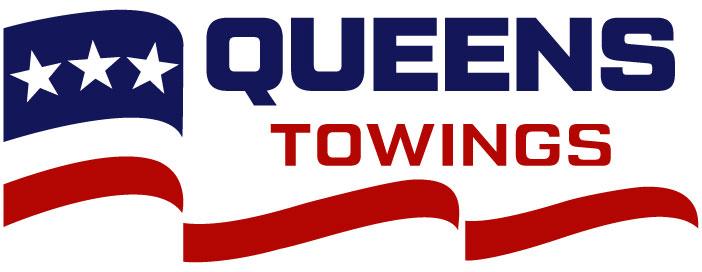Proper Weight Distribution
Proper weight distribution is important for your tow vehicle and trailer stability. Improper distribution can result in sway and poor braking performance. It can also cause a vehicle to spin out. A weight-distribution hitch is an excellent way to restore vehicle/trailer balance and performance dynamics. It rebalances the weight of the trailer ball and the vehicle so that the load is evenly distributed on both axles. However, weight distribution hitches do not negate the influence of GVM or GCM.
Proper weight distribution is essential for a trailer’s safe and efficient towing. The trailer can dive or sink without proper weight distribution, causing accidents. Weight distribution hitches help to even out the load, making it easier for the driver to control the trailer while towing. The weight distribution is based on the gross trailer weight and the tongue weight of the trailer.
Engine Braking
Engine braking is an effective way to reduce fuel consumption while towing. This method also limits the amount of time the brakes need to work. In addition to reducing fuel consumption, engine braking protects the brakes from fading. Using engine braking can also help keep a vehicle in line, which is crucial when towing a heavy trailer.
This technique is also helpful in minimizing the wear on the engine and transmission. This is because it slows the vehicle without applying brakes, which results in less wear and tear on these parts. The engine braking technique also helps keep the car in control because it slows down slowly without applying the brakes. Moreover, it reduces the risk of rear-end collisions because engine braking does not cause engine damage.
Maintaining A Good Following Distance
The safest towing practice is to maintain a good following distance. This distance will allow enough time to react to other vehicles and avoid a rear-end collision. Drivers should leave at least 1.5 seconds behind the vehicle ahead of them. This will be greater for heavier vehicles. In addition, drivers should never be following too closely. This can result in an accident. Sometimes, the driver may not even have enough time to react to another vehicle.
Maintaining a good following distance is vital to the safety of your passengers and your own vehicle. Maintaining a safe following distance is difficult when there is heavy traffic, but it is essential for safety. The average stopping distance of a loaded tractor-trailer traveling at 55 miles per hour is 196 feet. Professional drivers maintain a minimum following distance of six seconds. In order to calculate the safest distance, count the seconds it takes for the vehicle to stop when approaching a stationary object.
Correcting For Oncoming Traffic
When towing a vehicle, it is important to be aware of the direction of oncoming traffic. When the tow vehicle is pushed toward an oncoming vehicle, it should be slow enough to correct it. It is best to avoid overcorrecting, especially if the road is calm. If the traffic is windy, the effect will be stronger. If the tow vehicle passes a semi-truck, it is best to gently correct it.
Preparing For A Towing Situation
If you are ever involved in an accident, make sure you prepare your car before the tow truck arrives. Call your insurance company and take photos of the accident scene. You should also move your car away from danger. This way, the tow truck will be able to reach it sooner. You should also check to make sure the towing company has all the necessary documents for you to sign. These documents should clearly state where your car is being towed to. If you are towed to a repair shop, make sure to mention this as well. It’s important to understand all of the fine print because small mistakes can cause costly damages.
Turning off your engine and removing the ignition key are two crucial steps in preparing for a towing situation. You must also take your car to a secure location, as towing can be dangerous for passengers and may damage accessories.


